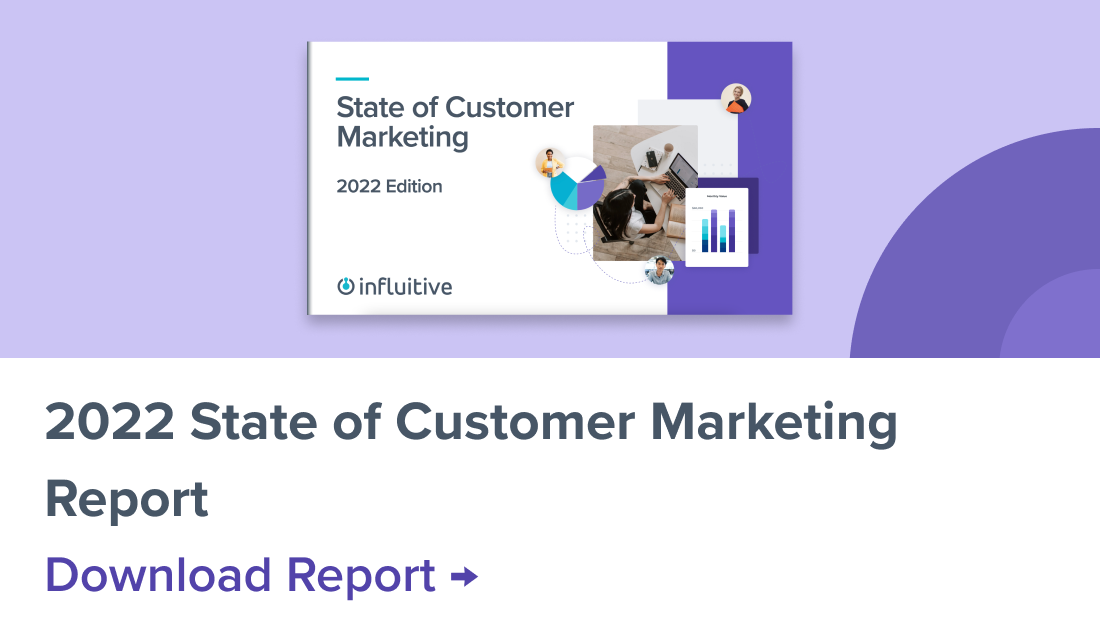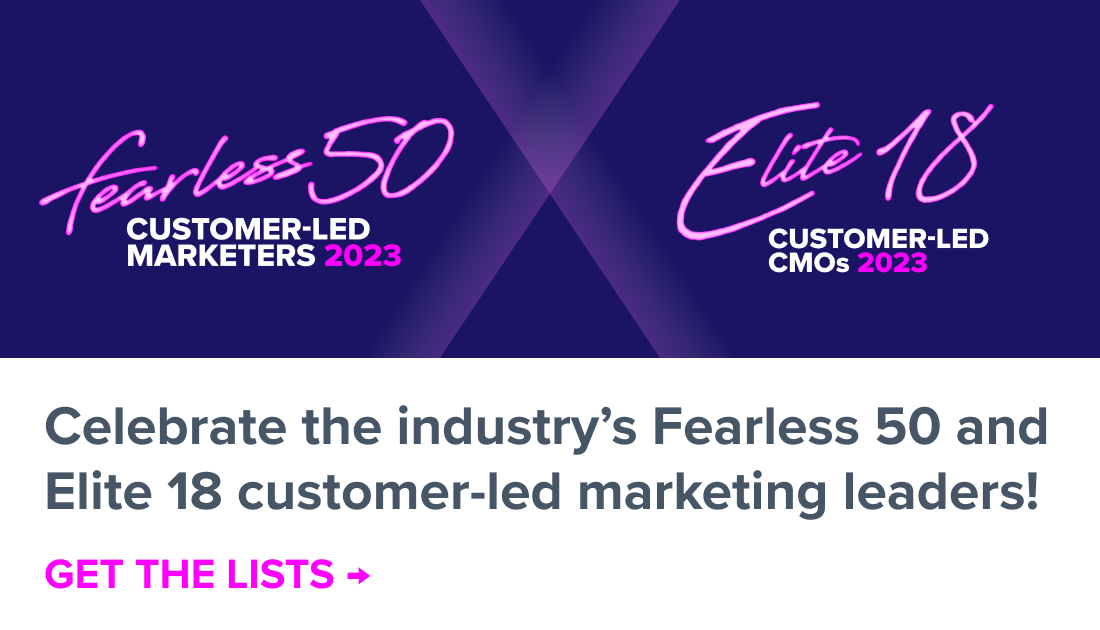As a B2B content marketer, you’re under a lot of pressure.
It’s harder to get prospects’ attention with the sheer volume of content that’s out there. You’re expected to create tons of new and exciting content—often all by yourself (or with limited resources). Plus, increasingly globalized audiences mean that you have to produce even more content to reflect all those different perspectives.
Sound familiar?
 According to Jason Miller, Group Manager of Global Content and Social Media Marketing at LinkedIn, it’s all too common. However, it is possible for content marketers to overcome these obstacles—if they’re willing to let go of some commonly held beliefs.
According to Jason Miller, Group Manager of Global Content and Social Media Marketing at LinkedIn, it’s all too common. However, it is possible for content marketers to overcome these obstacles—if they’re willing to let go of some commonly held beliefs.
With his characteristic rock and roll spin, Jason outlined the B2B content marketing myths he thinks need to disappear, and how dispelling them has helped him build a global content machine at LinkedIn.
We spoke with him as as part of our Content Marketing Mentors series. Watch our interview below to learn more, or read on for our summary.
In B2B content marketing, no one is a superhero
As a content marketer, you can’t be the Lone Ranger. Jason says that the first lesson he learnt was how to delegate properly.
“I try to surround myself with really smart people, and mentor others who I see potential in to bring them into the fold,” he says, describing how he builds his team. “You need to bring together an integrated marketing strategy, which includes understanding marketing disciplines from PR to social to content to demand gen, and then partnering cross-functionally.”
That way, he’s able to garner creative points of view from a larger variety of people. “If you run out of ideas, you might be in the wrong field.” To be successful on a global scale, it’s equally crucial to be able to visualize these ideas in many different variations and different cultures.
Create Better Content With Your Customer Advocates
Stop overloading buyers with content that's all about you! Learn how to source better ideas and make high-quality content faster with the help of your advocates in this guide for B2B marketers.
Download now!
He adds that it’s just as important to apply the insights learned from other situations to B2B content marketing, frustrating as they may be at the time. “I was always bitter about how little I felt I learnt in the music business, where I worked for 12 years,” he says. “But now I can take rock-and-roll analogies and use my unique point of view to solve global marketing problems.”
The goldfish statistic is fake news
Jason suggests that content marketers are becoming too prone to focusing on what’s taking up the most attention in the moment rather than looking at the bigger picture. “We need to slow down, get back to strategy, and stop chasing shiny objects,” he says.
As an example, he references the “goldfish attention span statistic”, which claims that humans now have a shorter attention span than a goldfish. It was written about in several major publications and marketing blogs, leading content marketers to try and create shorter, dumbed-down content.
However, Jason says it’s just not true. “If you do some digging and you try to figure out where this stat came from, it leads to a dead end.”
Instead, he points to the predominance of social media and the popularity of omnichannel media as evidence of something different. “Our attention spans haven’t shrunk, we’ve just become more selective.” This means quality matters more than length.
Your Content Marketing Machine Is Broken—And There's Only One Thing That Can Save It
Your buyers are overwhelmed by all of the selfish content marketing you and your competitors are producing. Learn how to cut through the noise with user-generated content (UGC) in this quick primer for B2B marketing executives.
View now
Don’t be vague, encourage conversation
According to Jason, the real opportunity for marketers today is doing a deep dive into content that your audience really needs, rather than creating a lot of mediocre content that ultimately doesn’t get read. “You don’t have to produce content every day,” he says.
Instead, it’s crucial to start producing content that your existing audience will want to share, helping you increase your reach. “Your number one goal in 2017 should be to grow an audience,” he says.
And how to do that? Jason suggests going deep into one topic, and creating evergreen, long-form content that will always be relevant—such as videos or research, which both get lots of backlinks and shares, expanding your potential pool of interested prospects and showing your expertise.
“You have to hold people’s interest and give them something of value over and over again in your content,” he says, adding that content marketers’ ultimate aim should be to help people get better at their jobs.
Being a jack-of-all-trades is better than being master of one
Ultimately, Jason also thinks that the idea that marketers need to focus on one thing and one thing only is also a myth. Although becoming expert in one domain can be useful for marketers starting out in their career, it’s crucial to round out your skill set in order to be the best marketer you can be.
“If you’re a one-dimensional marketer, you’re easily disposable,” he says. “If you don’t understand how different marketing disciplines all work together, you’re going to be stuck in a silo.”
To avoid falling into this trap, Jason recommends trying to learn something new every day, from email marketing through to demand generation, even down to coding.
“You need to become a hybrid marketer who works cross-functionally and is able to orchestrate a truly integrated marketing plan,” he says. “And I think content marketers are in a really good spot to lead this charge.”
Level up your content marketing strategy with customer advocacy
The Advocate Marketing Playbook
Learn to activate your advocates to get more reviews, positive buzz on social media, and supercharge your content marketing strategy today.
Download now!
Want to tell amazing customer stories?
Discover how creating effective, compelling customer stories is easier and faster with Upshot!
Learn more
 According to Jason Miller, Group Manager of Global Content and Social Media Marketing at LinkedIn, it’s all too common. However, it is possible for content marketers to overcome these obstacles—if they’re willing to let go of some commonly held beliefs.
According to Jason Miller, Group Manager of Global Content and Social Media Marketing at LinkedIn, it’s all too common. However, it is possible for content marketers to overcome these obstacles—if they’re willing to let go of some commonly held beliefs.









































